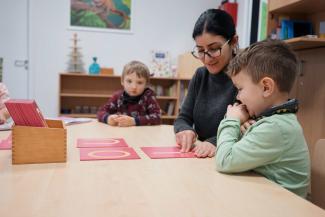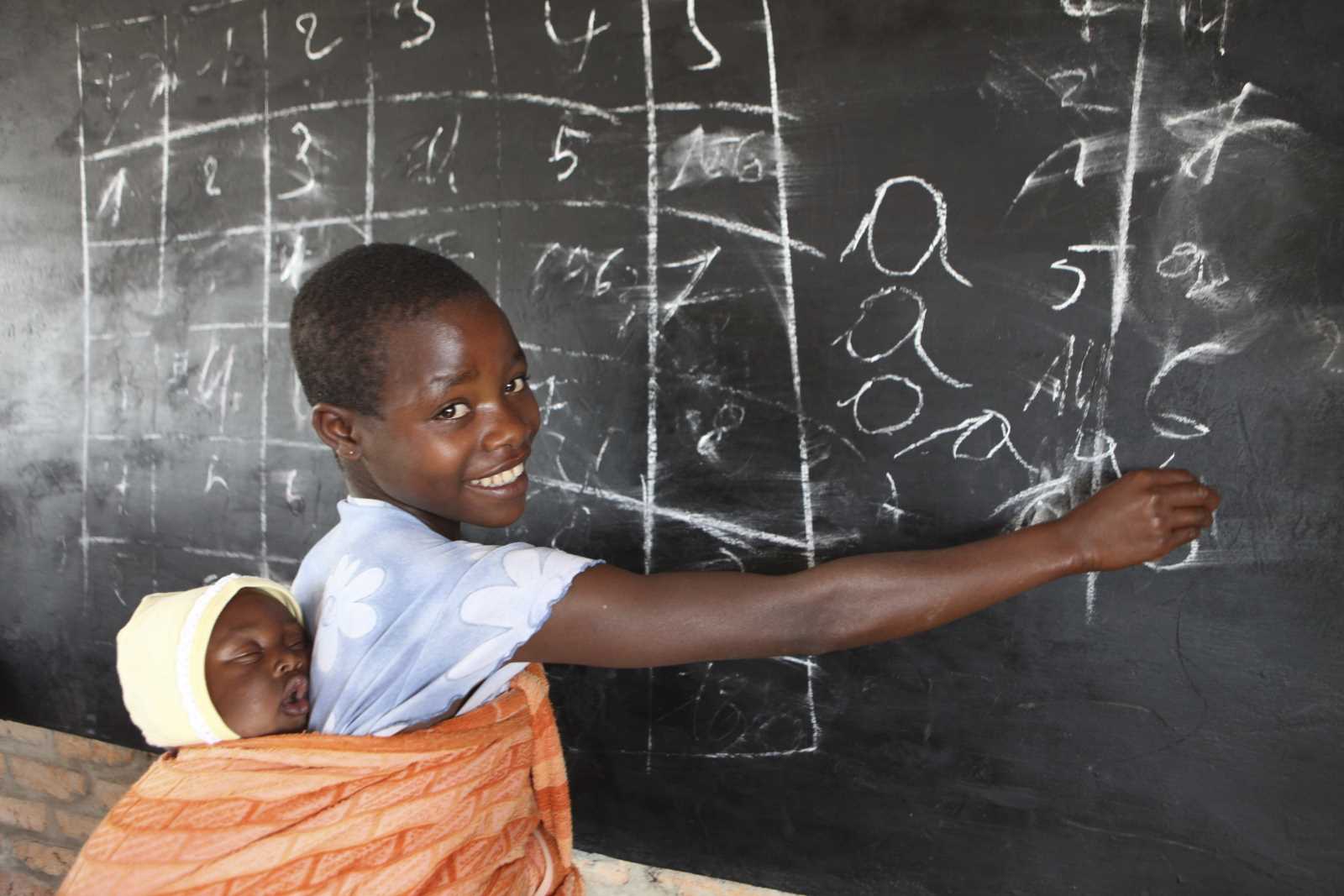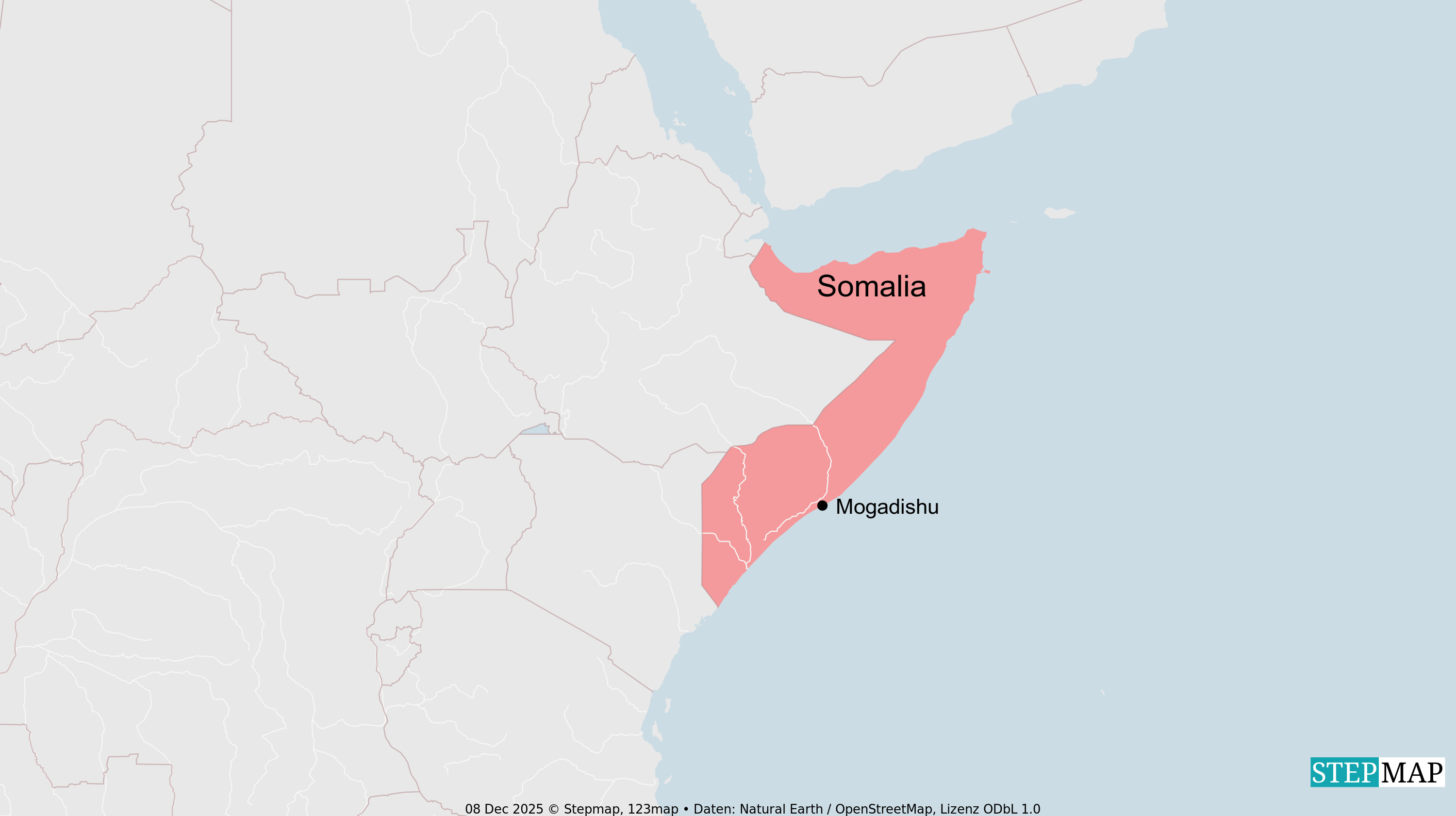Language learning
Neglected language support in German nursery schools

Children have the right to education and free development. Mastering a language early on creates future opportunities. However, in the German pre-primary system, shortages of nursery places and qualified staff means teachers often have no time for anything that is not absolutely essential. Although targeted language support does exist, it is rare.
In 2016, the Federal Ministry for Family Affairs, Senior Citizens, Women and Youth initiated a language-education campaign in nursery schools. This year, 6000 nursery schools, accounting for one in ten of Germany’s pre-primary facilities, formed part of the programme. The initiative aims to support all children, with a specific focus on those from non-German speaking households or educationally disadvantaged families. It provides funding for qualified staff positions within the participating nursery schools and for external advice and training too.
One of the nursery schools benefiting from this programme is the St. Fronleichnam pre-primary centre in the city of Aachen. According to its director Martin de Lange, 90 % of the children that attend it do not speak German as their first language. To help them learn German, the nursery teachers talk to them during everyday activities, for example when they are playing, eating or romping around in the garden. They also communicate with gestures and facial expressions and encourage the children to put their thoughts into words by asking open-ended questions. “It is the only way children can experience language as meaningful,” says Gabriele Grobusch who works as an advisor supporting language-focused nursery schools in Aachen.
Federal government funding discontinued
Despite understaffing, some nursery schools might lose their language specialists soon. In many cases it is still uncertain whether their contracts will be extended. Federal funding for the programme ended in June 2023 and responsibility shifted to the federal states. All of the states have agreed to cover costs until the end of this year. However, plans for 2024 remain uncertain. Martin de Lange’s pre-primary centre is affected too. The relevant federal state, North Rhine-Westphalia, has announced its intention to continue the programme through 2024. However, at the time of writing in mid-November, an official funding commitment is still pending.
The end of the funding programme at federal level has also been criticised for another key reason. “Axing a programme that is so effective – in contrast to many others – sends out a dire signal,” says Grobusch. “It appears there is a lack of recognition regarding how much equal opportunities and participation depend on the early years in crèches and nursery schools and no understanding of the fundamental role played by language.”
Unequal opportunities in German nursery schools
Children from challenging backgrounds face the biggest disadvantages. They often come from families lacking education and financial resources. A history of migration is frequently a factor. The children’s environment often cannot help them overcome their language deficits.
The inequality of opportunities reveals an even more fundamental weakness in early childhood care in Germany, according to Grobusch. She claims that not enough importance is attached to nursery schools’ educational mission and individual support for children’s educational and developmental processes. “It is about stimulating curiosity before they start school,” says Grobusch. “Language is key to that. Children need it to build stable social relationships, acquire a sense of self-efficacy and develop skills.”
The “IQB-Bildungstrend 2022”, a study examining schoolchildren’s achievement levels in Germany, highlights the impact of language deficits. It finds that children with a history of migration, especially first-generation immigrants who moved to Germany, tend to perform below their peers in 9th grade German. The authors link this disparity to language deficits which in part stem from the youngsters’ educational background and the limited use of German within their families.
Positive developments in language support
Despite all the criticism, Grobusch notes a positive change of attitude in Germany in recent years. Multilingualism is now increasingly recognised and promoted as an opportunity for children. “For a long time, speaking a foreign mother tongue was seen as an obstacle, raising concerns that both languages wouldn’t be mastered well,” says Grobusch. Today, she encourages parents to speak the language in which they feel confident at home, typically their native tongue. “It is the only way they can offer the children a rich language experience. The children learn to value the family language and thus acquire skills in both languages,” she explains.
Some parents do not even apply for a nursery-school place for their children, even though it became a legal entitlement in Germany a decade ago for every child over the age of one. There are various reasons for this, such as reservations about the German pre-primary system, concerns about the system’s compatibility with their cultural background or financial barriers due to attendance fees. “A fee-free year would be a great incentive, especially for families for whom the attendance fee is one of the deciding factors in sending their child to nursery in the first place,” says Diemut Kucharz, professor of primary education at Frankfurt’s Goethe University. If fees were charged in the second year, parents could still take their child out of nursery. “However, the hurdle is then significantly higher, especially if the first year shows how useful nursery school attendance is, both for the parents and for the child,” says Kucharz.
Language-support programmes beyond nursery school can offer valuable assistance too, especially within the children’s families. For instance, the so-called “Rucksack project” trains parents with a history of migration to become “neighbourhood parents”. After several months of training, they, in turn, teach other parents how to raise their children multilingually and to sing, read and play together in the family’s native language. The topics covered by the parents at home are then addressed in German at nursery schools.
Nursery school director Martin de Lange hopes that language support and inclusion will continue to improve in Germany. “We are still only a tiny minority of nursery schools that have a language specialist and can focus on language support,” he says. “Yet it is so fundamental for society that support of this kind should become standard for all pre-primary facilities.”
Leon Kirschgens is a freelance journalist and lives in Aachen.
leon@kirschgens.de














